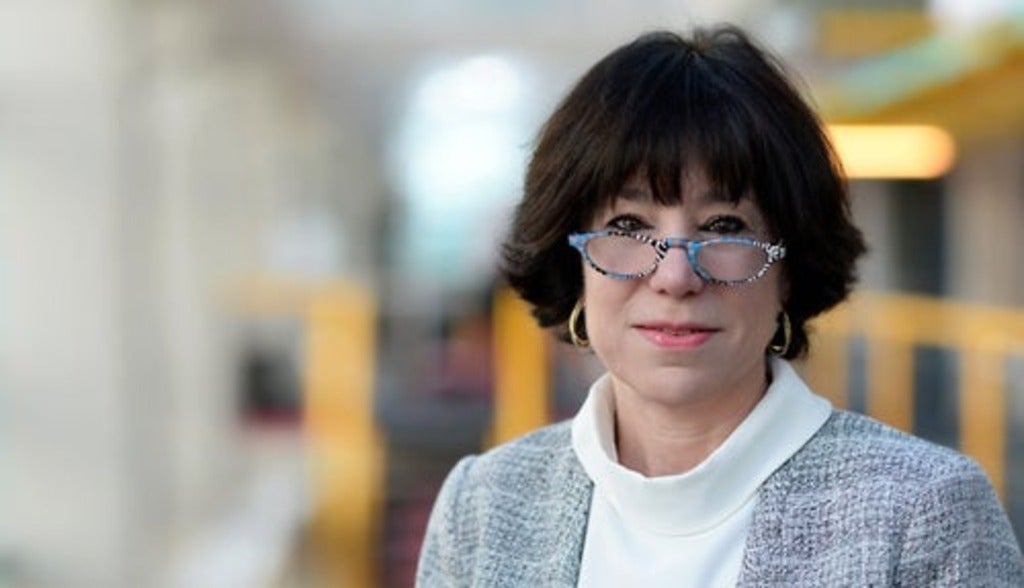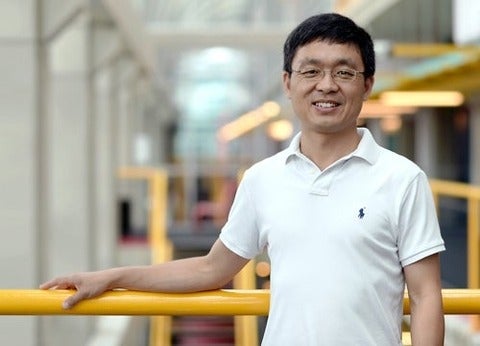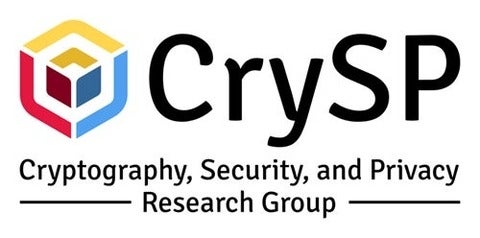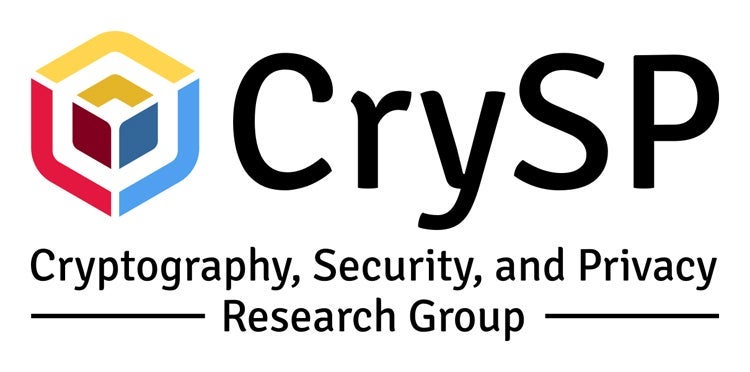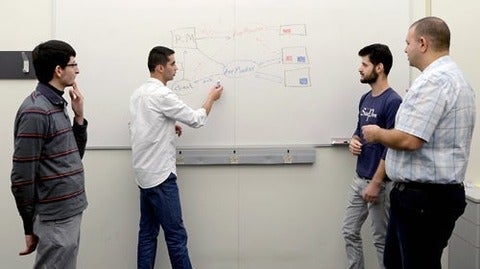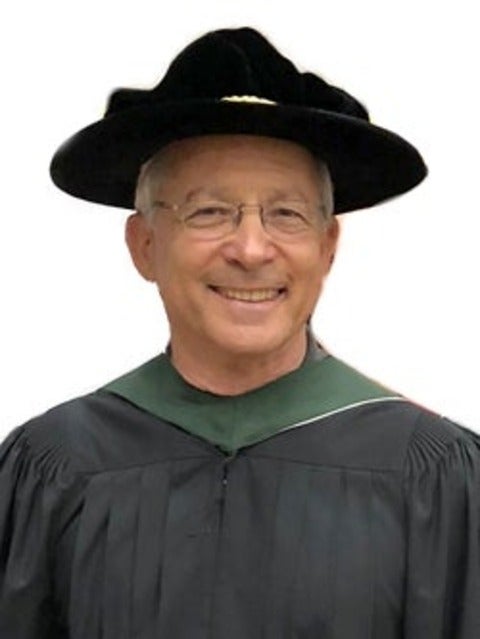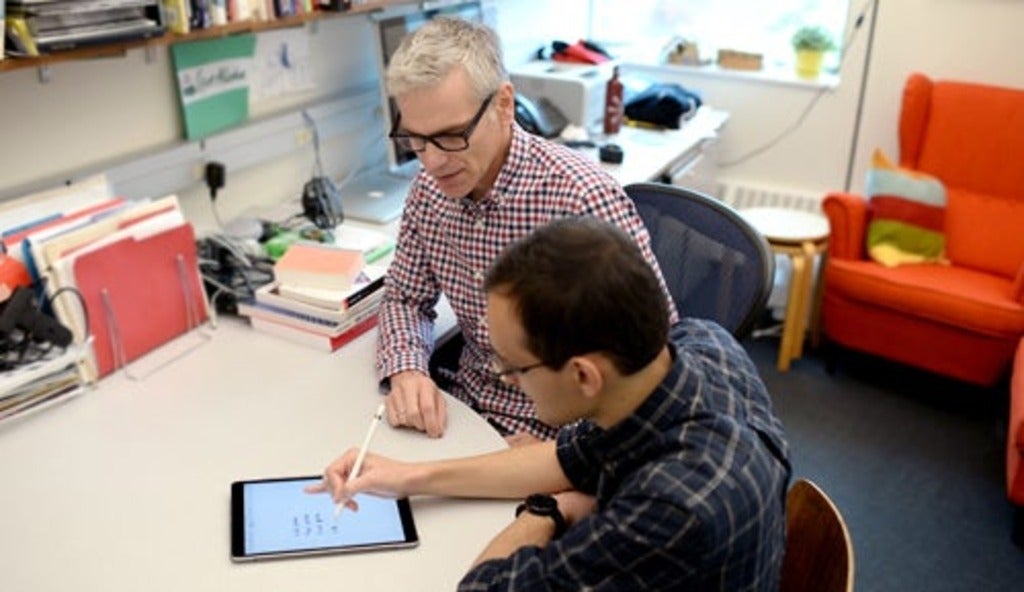The following article, titled “Women Attorneys in Tech: Four Industry Leaders Talk About Their Work,” originally appeared in the January/February 2019 issue of New York State Bar Association Journal. Grossman, a Research Professor in the Cheriton School of Computer Science, was recently appointed as Director of Women in Computer Science.
The article, by Mark A. Berman, Editor, New York State Bar Association Journal, showcases four exceptional women attorneys in tech — Shoshanah Bewlay, Gail Gottehrer, Sandra Rampersaud and Maura Grossman.
